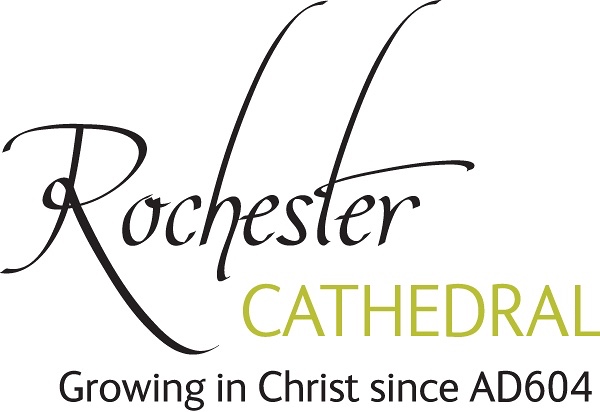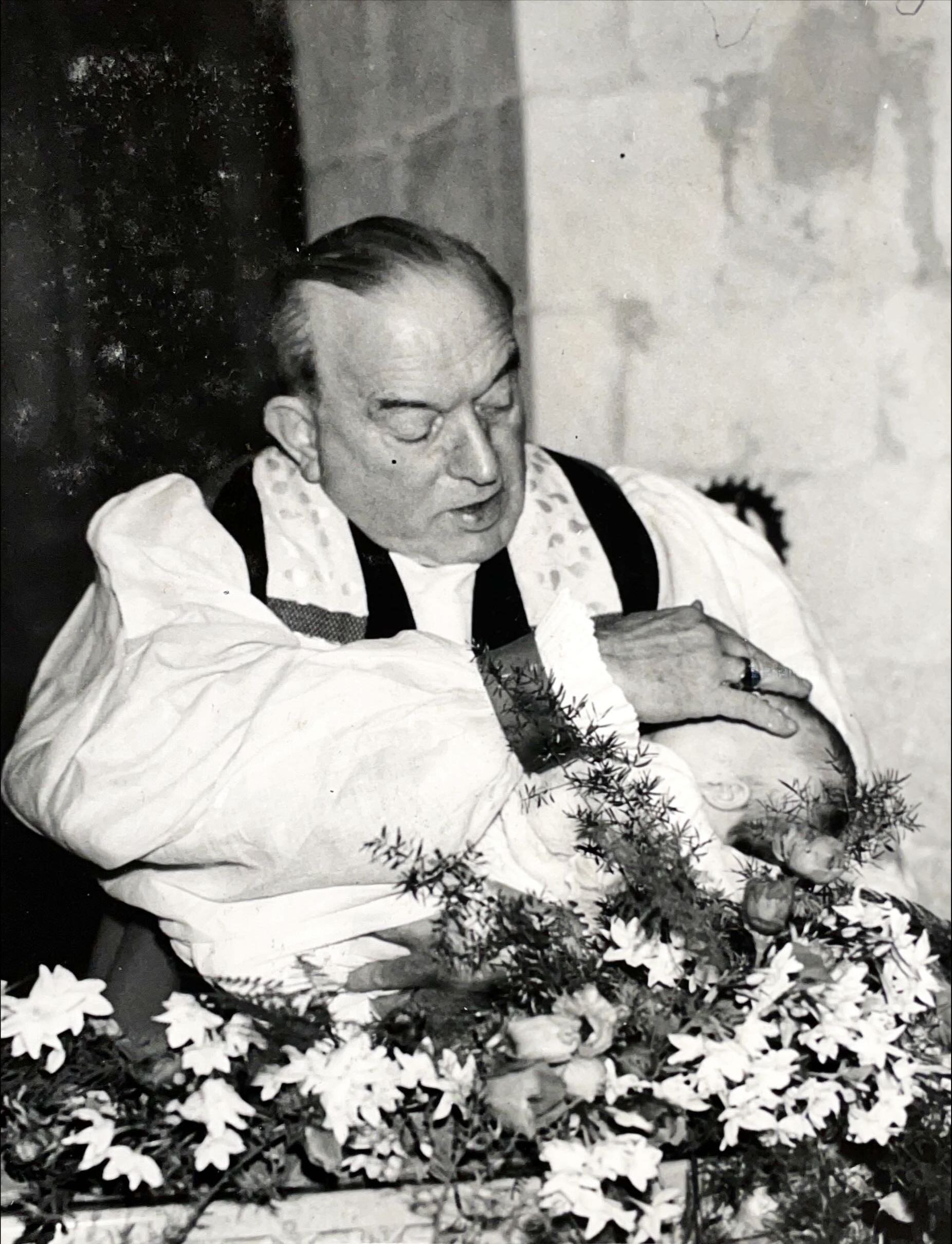Christopher Chavasse, Bishop of Rochester 1940-1960
/Bishop Chavasse is remembered as a patron of the French Hospital charity at La Providence, several Anglican schools, colleges and churches throughout the diocese, for his outspoken evangelism efforts and extreme opinions given informally to the Wolfenden Report.
Christopher and his twin brother Noel were born on the 9th November 1884 to Edith Maude and Francis Chavasse, a Bishop of Liverpool and founder of St Peter's College, Oxford. Christopher and Noel both attended Magdalen College School in Oxford followed by Liverpool College and progressing to Trinity College, Oxford. Both competed in rugby, lacrosse and athletics, on the British team at the 1908 Summer Olympics in London. Noel graduated with First-class honours in 1907 but Christopher failed, leading to a nervous breakdown.
Christopher was ordained by his father at Liverpool Cathedral in 1911, serving in the Royal Army Chaplains' Department during the first World War. Meanwhile Noel, a promising surgeon, applied for the Royal Army Medical Corps, serving with distinction at the Battle of Guillemont and the offensive at Passchendaele. He was wounded during the Battle of Pilckem Ridge and succumbed to his wounds two days later. He was the only man to be awarded the Victoria Cross twice during the First World War.
Christopher was promoted twice over the course of the war, to the equivalent of lieutenant colonel, and awarded the Military Cross, his citation reading:
For conspicuous gallantry and devotion to duty. His fearlessness and untiring efforts in attending to the wounded were magnificent. Although continually under fire, he volunteered on every possible occasion to search for and bring in the wounded. No danger appeared to be too great for him to face, and he inspired others to greater effort by his splendid example.
Photo of Revd Chavasse serving as a chaplain in the Royal Army Chaplains' Department, featured on the Imperial War Museum’s Lives of the First World War website
He was also awarded the Croix de Guerre (1914–1918) by the Republic of France, the 1914 Star with clasp, the British War Medal, and the Victory Medal.
Chavasse married Beatrice Willink shortly after the war. They had three sons, their eldest named Noel in honour of his uncle. Christopher rose through the ranks of the Church of England serving as rector of St Aldate's, Oxford, from 1922 to 1928 and as rector of St Peter-le-Bailey, Oxford from 1927 to 1940. Continuing the work of his father who died in 1928 he became the first master of St Peter's Hall, Oxford upon its founding in 1929. In 1939, he lost a leg in a boating accident and was fitted with an artificial leg.
Portrait of Chavasse at St Peter's College, University of Oxford from around the time of the founding of the college. Photo credit: St Peter's College (artuk.org).
He was nominated Bishop of Rochester on the 19th of March 1940 and consecrated on the 25th of April.
Chavasse was an outspoken evangelist. In 1943 he was chairman of the Archbishops' Commission on Evangelism which published the controversial report Towards the Conversion of England. Widely circulated and influential at the time, it was forcefully evangelical in conclusion, later described by one leading Anglican as ‘one of the most remarkable statements ever authorized for publication by the Church of England.’
Chavasse oversaw a huge church-building campaign throughout the Medway Towns which had expanded greatly in the Post-War years and was also a patron of several Anglican schools throughout the diocese.
Bishop Chavasse on the visit of Queen Elizabeth II in 1953.
In the 1950s Chavasse gave his views informally to the Wolfenden Committee. In 1954 the government appointed a committee to review the laws dealing with homosexual activity and prostitution, chaired by Sir John (later Lord) Wolfenden. Chavasse’s views, extreme even for the day, disagreed with the eventual reccomendations of the committee that led to the eventual decriminalisation of private homosexual activity between consenting adults over the age of 21, but with heavier penalties against homosexual activity in public places. Stricter controls of street prostitution were also recommended, and these were put into effect in the Street Offences Act of 1959.
Today Wolfenden is generally remembered as a landmark on the path towards greater rights for homosexuals in the UK, though also as an attempt by the establishment to define and ultimately legally enforce their concept of acceptable homosexuality based around conservative monogamy and largely exclusive of transgender or other persons that did not conform to this. The evidence gathered for Wolfenden, in the form of testimonials and written statements from legal, scientific and medical professionals, the Church and youth group leaders, and self-described but largely anonymous homosexuals, is a wealth of first-hand insight into views, lives and gay culture at the time. Though we find Chavasse’s comments extremely offensive today, they are a crucial piece of this record and our understanding of this period.
Content Warning
This ARTICLE CONTAINS DISCUSSIONS OF TOPICS THAT MAY BE INNAPPROPRIATE FOR YOUNGER AUDIENCES.
Find out more about Safeguarding at Rochester Cathedral on our Safeguarding page
Wolfenden's Witnesses
Brian Lewis, author of Wolfenden's Witnesses: Homosexuality in Postwar Britain and Professor of History at McGill University, Montreal, discusses Bishop Chavasse’s comments to the Wolfenden Report in a post on the Notches Blog
In 1957 Chavasse and Oliver Grace MBE were elected Directors of the French Hospital and it was through the bishop's influence, together with the Deputy Governor and Secretary, that Theobald Square was bought to become the fourth La Providence.
The Cathedral maintains close ties with the French Hospital and the Huguenot Museum founded in 2015.
Chavasse baptising his fifth grandchild at the Cathedral.
Chavasse was also the founder of the short-lived Rochester Theological College, opened in 1959.
Chavasse resigned the See on 30th September 1960 and died on 10th March 1962 aged 77. He was succeeded as bishop by David Say.
Jacob Scott
Heritage Officer
Footnotes
Published in the London Gazette dating 25 August 1917.









